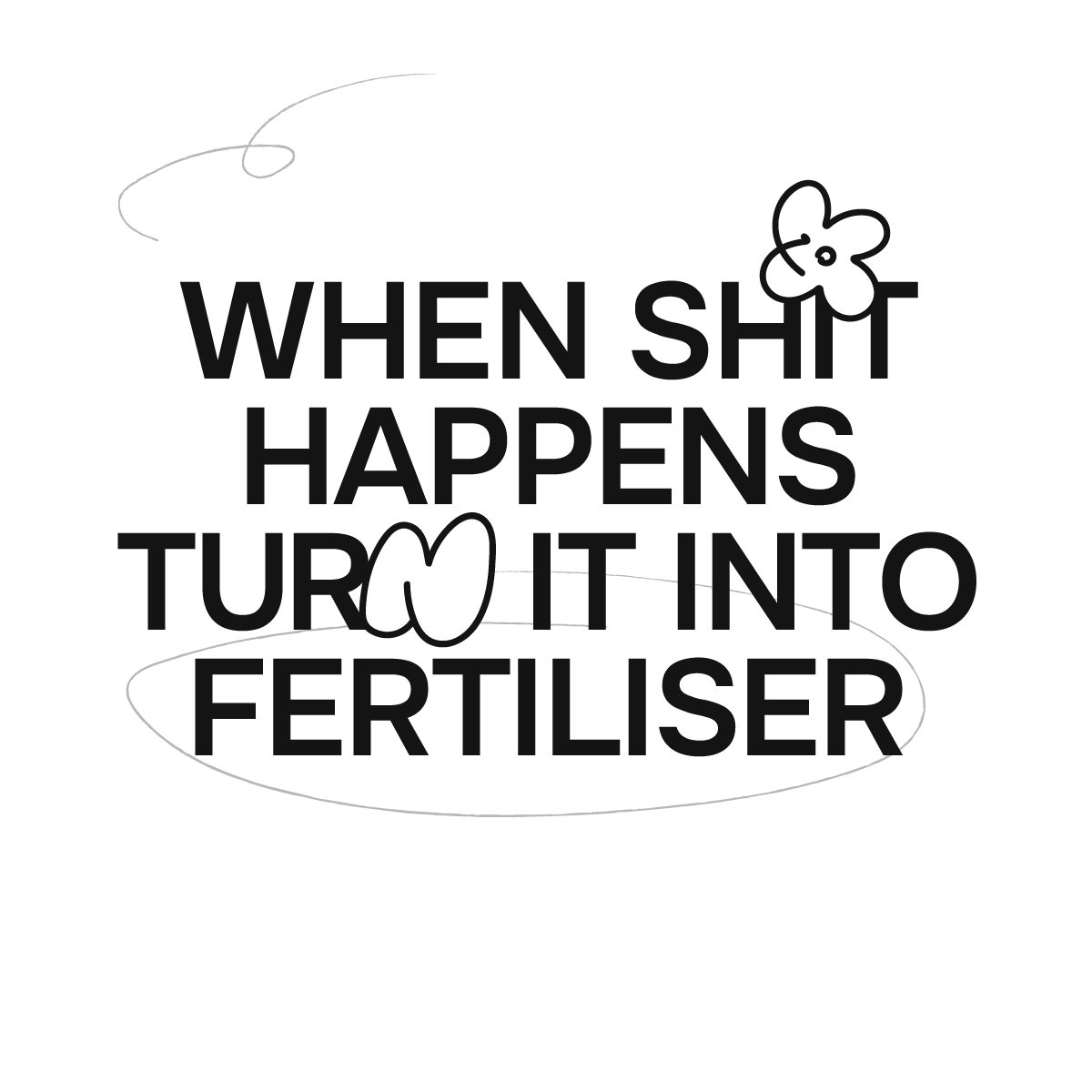Are reality dating shows affecting our relationships?
First published on VICE.COM

Reality dating shows are watched world over – from Love Island and Too Hot to Handle to Love is Blind and The Bachelor. Most of us think of them as cringey and unrealistic – full of shiny people making stupid decisions, and very occasionally falling in love – but even if we’re aware that we’re watching trash, that doesn’t mean it won’t have an impact on us.
Love Island sees a group of hot singles isolated in paradise, sharing one house and regularly rearranging themselves into new “couples”. Over and over, contestants jump ship from their stable situations when new people are introduced. Everyone’s eyes are peeled for someone better to walk through the door. And, in the world of Love Island, ‘better’ rarely refers to characteristics like honesty, intelligence or kindness. Instead, the shallow waters of job titles, wealth and physical attractiveness reign supreme.
We watch Love Island because it’s entertaining – but the problem lies in our perception of these pairings as ‘real relationships’, ones that are filled with lying, shouting and betrayal – because it makes it seem like that’s an acceptable norm.
The journey to the final is often filled with deception, hurt, shame and embarrassment, and in its final episodes the show pleads with its audience to think of the disaster drama as the ultimate romantic journey. But there’s no way in real life you should be pursuing things with someone who kissed another girl right after they told you they’re “Only interested in you”. And Love Island is far from the only show exhibiting dodgy relationship ideals.
Netflix's Perfect Match follows a similar structure of ditching partners for more enticing newbies. One couple got engaged in the final episode. They broke up a week after filming.
In Love is Blind, contestants flirt through literal walls, without being able to see each other, and then get the opportunity to jump ship when they know what the person looks like.
Too Hot To Handle, painfully pushes the idea that being the most attractive gives you more romantic options. Low self esteem, body dysmorphia, and anxiety are all linked to the rise in social media usage – But shows like this don’t care if they make you feel worse, and continue to enforce the idea that being typically attractive makes you more dateable.
Don’t get us started on Aotearoa’s own, FBOY Island, a show where guys are encouraged to fake feelings for the protagonist in order to win money. These ‘social experiment’ dating shows can be addictive viewing – but they normalise superficiality, nastiness, and disloyalty, and reward people who weaponise those traits.
Feeling like you have to compete for romantic attention is an idea that should be buried and lit on fire. But it’s competitions for love and money we see, so we can end up viewing romance on a whole as a competition with others that we have to win.
Research in Psychology Today found that “men used shows to learn about dating more than women.” And so dating shows have gradually become a touchpoint for men – even if they don’t realise it.
The hyper-intimate, fast moving, emotionally demanding scenarios of reality TV cause people to focus on excitement and initial attraction and not deeper relationships and stops us from seeing the time it takes to fall for someone and develop healthy relationship habits.
The formats also exploit people's vulnerability and can make it seem like being honest and sensitive is a one-track path to failure. In real life, it's traits like these that help healthy relationships function.
There’s nothing wrong with indulging in a bit of un-reality-tv every now and then. But keep in mind how these shows distort our perception of normal relationships. Love Island isn’t real life, and you shouldn’t want it to be.





